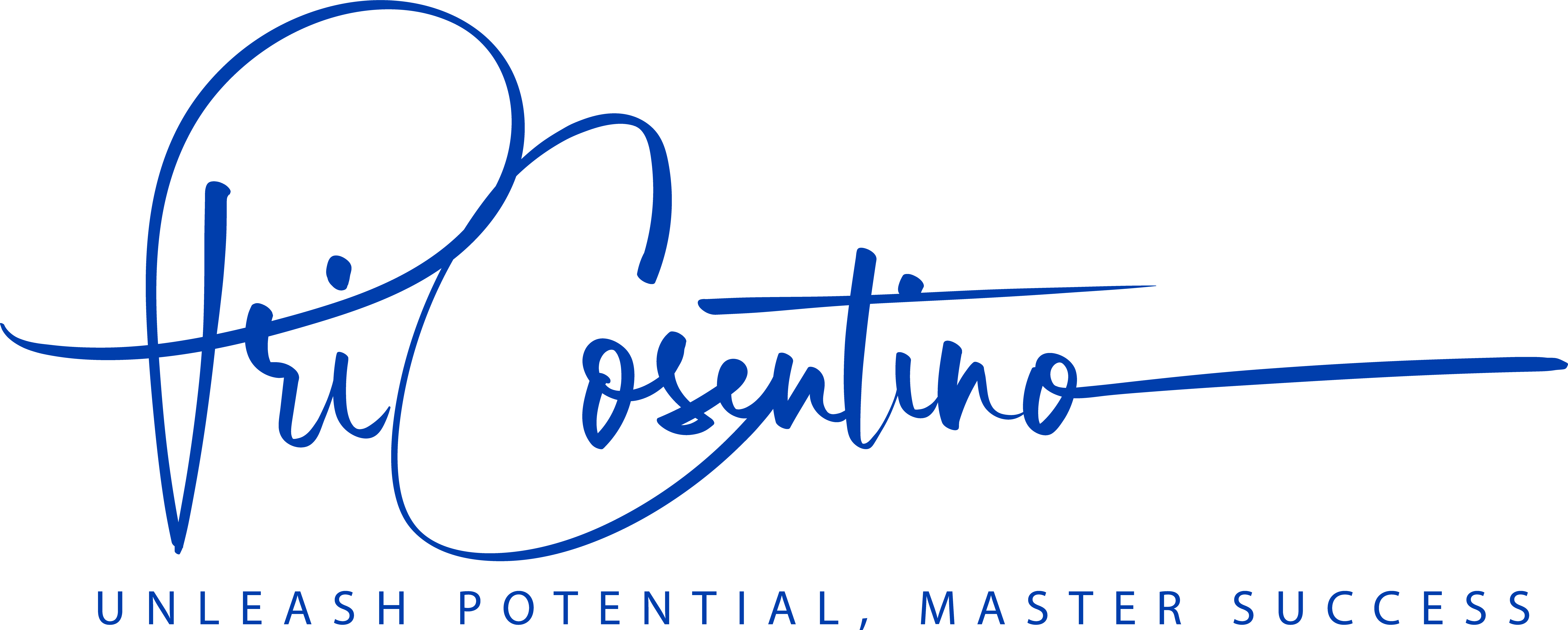Hey guys,
Pri here!
People always ask me what is mentorship, so let’s talk about it!
What is Mentorship and What is Not?
In our journey towards personal and professional growth, the term “mentorship” often surfaces as a beacon of guidance. But what does mentorship truly mean, and just as importantly, what is it not? Let’s unravel this concept together.
The Essence of Mentorship
At its core, mentorship is a partnership. It’s a collaborative relationship where a more experienced individual, the mentor, provides guidance, knowledge, and support to a less experienced person, the mentee. This relationship is built on trust, mutual respect, and a shared goal of fostering the personal and professional growth of the mentee. Mentorship is a journey of discovery, where mentors share their experiences, insights, and wisdom, not to prescribe a path for the mentee but to illuminate possibilities and encourage informed decision-making.
Mentorship is empowering. It’s about unlocking potential and opening doors to new opportunities. A mentor helps navigate the complexities of professional landscapes, offers constructive feedback, and serves as a sounding board for ideas and challenges. It’s a relationship that champions growth, learning, and development, tailored to the unique needs and aspirations of the mentee.
My experience and work as a Mentor
In my years as a mentor, I’ve come to understand the profound impact mentorship can have on both personal and professional lives. But, through this journey, I’ve also realized that there’s often a bit of confusion about what mentorship really entails and what it decidedly does not. Let’s clear the air, shall we?
The Heart of Mentorship
Mentorship, to me, is akin to a lighthouse guiding ships through turbulent seas. It’s a relationship where I, as someone with a bit more experience (and perhaps a few more gray hairs), get the privilege to guide, support, and empower someone as they navigate their career and life’s challenges. This isn’t about handing down decrees from on high but about walking alongside my mentee, sharing insights gleaned from my own journey, and helping them carve out their own path.
I see mentorship as a partnership where growth happens on both sides. Yes, I am there to offer advice, share knowledge, and sometimes even open doors that might otherwise remain closed. But, in return, I gain fresh perspectives, new ideas, and the indescribable joy of watching someone I’ve mentored flourish and succeed.
What Mentorship is Definitely Not
Over the years, I’ve noticed a few misconceptions about mentorship that I’d like to dispel:
- Mentorship is not a magic wand. I wish I could say that I have all the answers, but mentorship is not about instant fixes. It’s about development, growth, and sometimes, learning from failure.
- Mentorship is not therapy. While I’m here to support my mentees through their professional ups and downs, I’m not equipped to handle deep personal issues or replace a qualified therapist.
- Mentorship is not a monologue. This isn’t about me talking at you; it’s a dialogue. Your thoughts, questions, and challenges are not just welcome—they’re essential.
- Mentorship is not about creating a mini-me. My goal is not to mold mentees in my own image but to help them find and hone their unique strengths and carve out their own successes.
- Mentorship is not forever. As much as I cherish my mentorship relationships, there comes a time when the mentee is ready to move on, armed with the tools and confidence to tackle their next challenges. This isn’t an end but a new beginning.
Wrapping Up
Being a mentor has been one of the most rewarding roles of my professional life. It’s taught me that true mentorship is about empowerment, not instruction; dialogue, not monologue; and fostering growth, not dependency. And while it’s not the solution to all life’s problems, it’s a powerful force for good, capable of changing lives—one mentee at a time.
So, now do you have a better understanding of what mentoring is and how it can help guide you on your journey of transformation?




